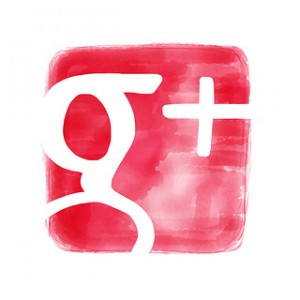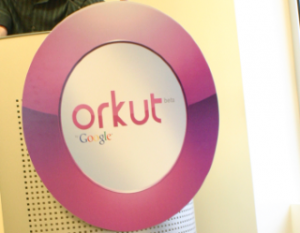 Google changes. We all know this. What Google releases today might not be here tomorrow. One thing is certain when it comes to Google, if the company isn’t getting the results it needs from a product or service, it shows no mercy. That product or service is eliminated—and quickly.
Google changes. We all know this. What Google releases today might not be here tomorrow. One thing is certain when it comes to Google, if the company isn’t getting the results it needs from a product or service, it shows no mercy. That product or service is eliminated—and quickly.
But when does change become too much for consumers? At what point do consumers reach change overload and turn away from a brand in search of another that consistently meets their expectations for it, which happens to be the very definition of branding. Is Google reaching change overload?
In recent years, the number of Google products and services that have gotten the axe is high—the Feedburner API, Orkut, Google Reader, the list goes on and on. Most recently, Google announced that it’s pulling the plug on Google Authorship—the very service it aggressively pushed on content publishers since it launched in 2011. First, Google announced two months ago that it was killing author images from search results that included Google Authorship information. Last week, Google took the demise of Google Authorship the rest of the way when it announced that Google Authorship was officially over.
In a Google+ update, Google’s John Mueller explains, “Information [provided through Google Authorship in search results] isn’t as useful to our users as we’d hoped, and can even distract from those results. With this in mind, we’ve made the difficult decision to stop showing authorship in search results.”
Defending the decision (undoubtedly in response to people who claimed Google Authorship photos were being removed from search results to appease advertisers who were losing clicks), Mueller writes, “In our tests, removing authorship generally does not seem to reduce traffic to sites. Nor does it increase clicks on ads. We make these kinds of changes to improve our users’ experience.”
On Search Engine Land, Eric Enge and Mark Traphagen provide some reasons why Google killed Authorship just three years after it debuted. Based on their research and analysis as well as discussions with Google’s John Mueller, they found two reasons. First, adoption rates by both authors and webmasters was low because implementing the code necessary to claim authorship was challenging. Second, Authorship offered low value to searchers based on Google’s research which showed no change in click-through rates for search results with and without Authorship photos and details.
Ultimately, Google claims Authorship cluttered search results and the user experience is better without it. We can assume that this is particularly true in mobile search results. As with all things Google, if a product or service isn’t adding value, it’s gone.
For most people, the demise of Google Authorship will be meaningless (remember that low adoption rate), but when combined with all of the other products and services that Google lured people into using and relying on before killing them, Google just might be getting close to change overload in consumers’ minds. If you can’t depend on a brand, you can’t trust it and you can’t believe in it. In other words, too much change leads to brand confusion, which is the number one brand killer.
How close to change overload do you think the Google brand is?
Image: Sergio Roberto Bichara
Susan Gunelius is the author of 10 marketing, social media, branding, copywriting, and technology books, and she is President & CEO of KeySplash Creative, Inc., a marketing communications company. She also owns Women on Business, an award-wining blog for business women. She is a featured columnist for Entrepreneur.com and Forbes.com, and her marketing-related articles have appeared on websites such as MSNBC.com, BusinessWeek.com, TodayShow.com, and more.
She has over 20 years of experience in the marketing field having spent the first decade of her career directing marketing programs for some of the largest companies in the world, including divisions of AT&T and HSBC. Today, her clients include large and small companies around the world and household brands like Citigroup, Cox Communications, Intuit, and more. Susan is frequently interviewed about marketing and branding by television, radio, print, and online media organizations, and she speaks about these topics at events around the world. You can connect with her on Twitter, Facebook, LinkedIn, or Google+.


